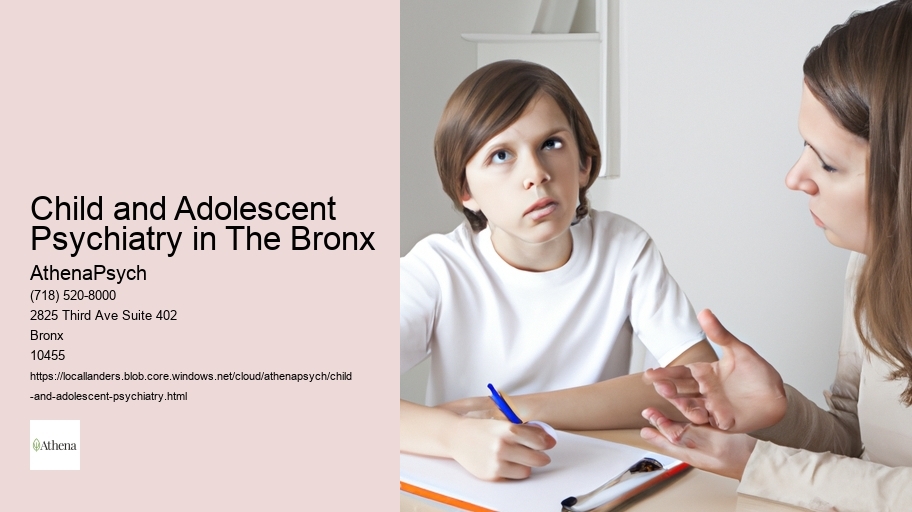
Child and Adolescent Psychiatry in The Bronx
Cognitive Therapy for Adolescents
At AthenaPsych, we specialize in child and adolescent psychiatry in The Bronx. We offer a range of therapeutic approaches to help young individuals navigate through their challenges and achieve optimal mental well-being. Our team is dedicated to providing comprehensive and personalized care to every patient we serve. We believe in the power of cognitive therapy, medication management, supportive therapy, and trauma therapy to empower adolescents and help them thrive. Our compassionate clinicians are here to listen, support, and guide young minds towards a brighter future. If you are looking for child and adolescent psychiatry services in The Bronx, look no further than AthenaPsych.
We are committed to making a positive difference in the lives of young individuals and their families. In our practice, we frequently utilize cognitive therapy to address the specific needs of adolescents. Cognitive therapy is an evidence-based approach that aims to help individuals identify and change negative thought patterns and behaviors. For adolescents, this therapeutic modality can be especially beneficial in promoting emotional well-being and developing effective coping strategies.